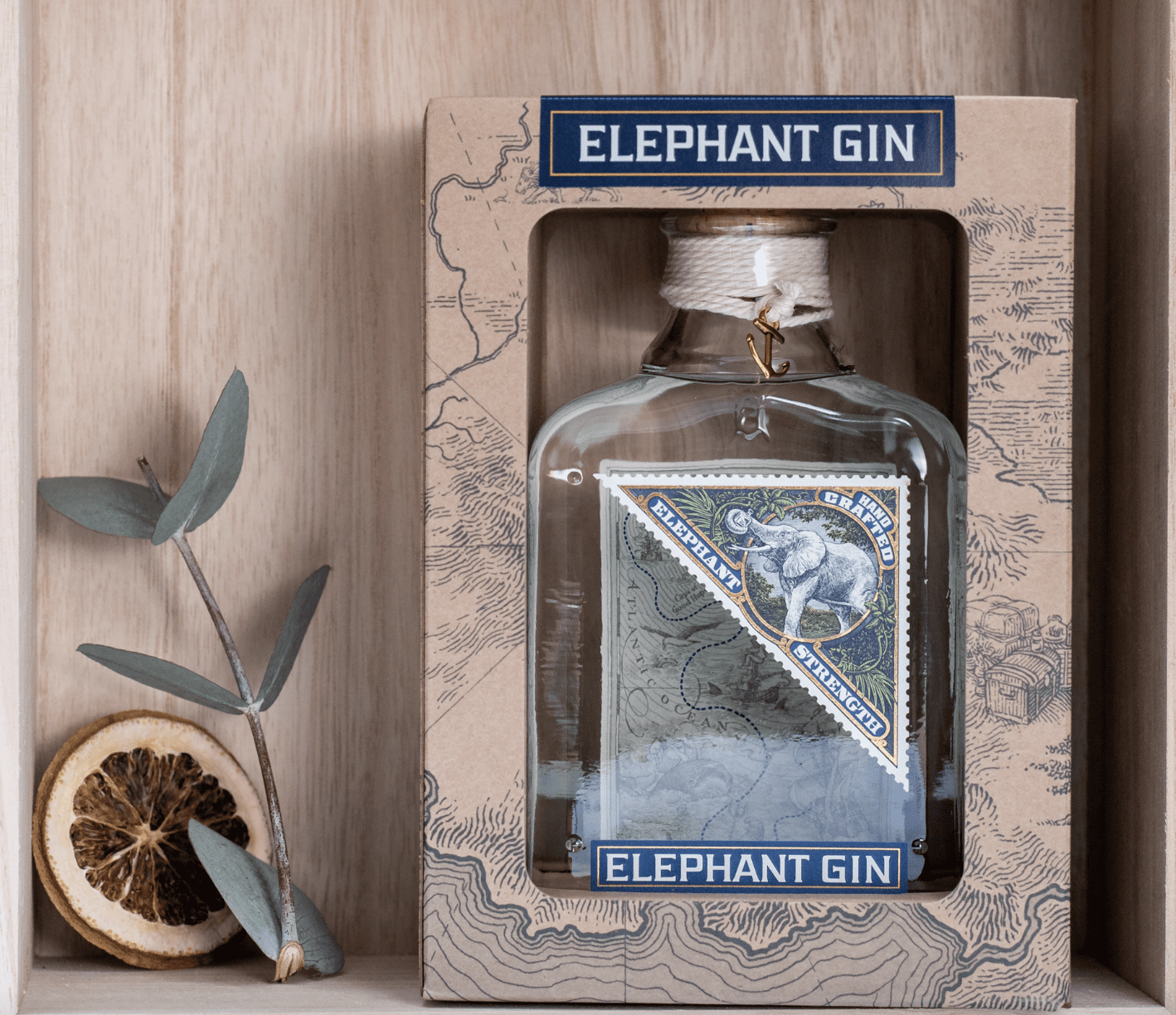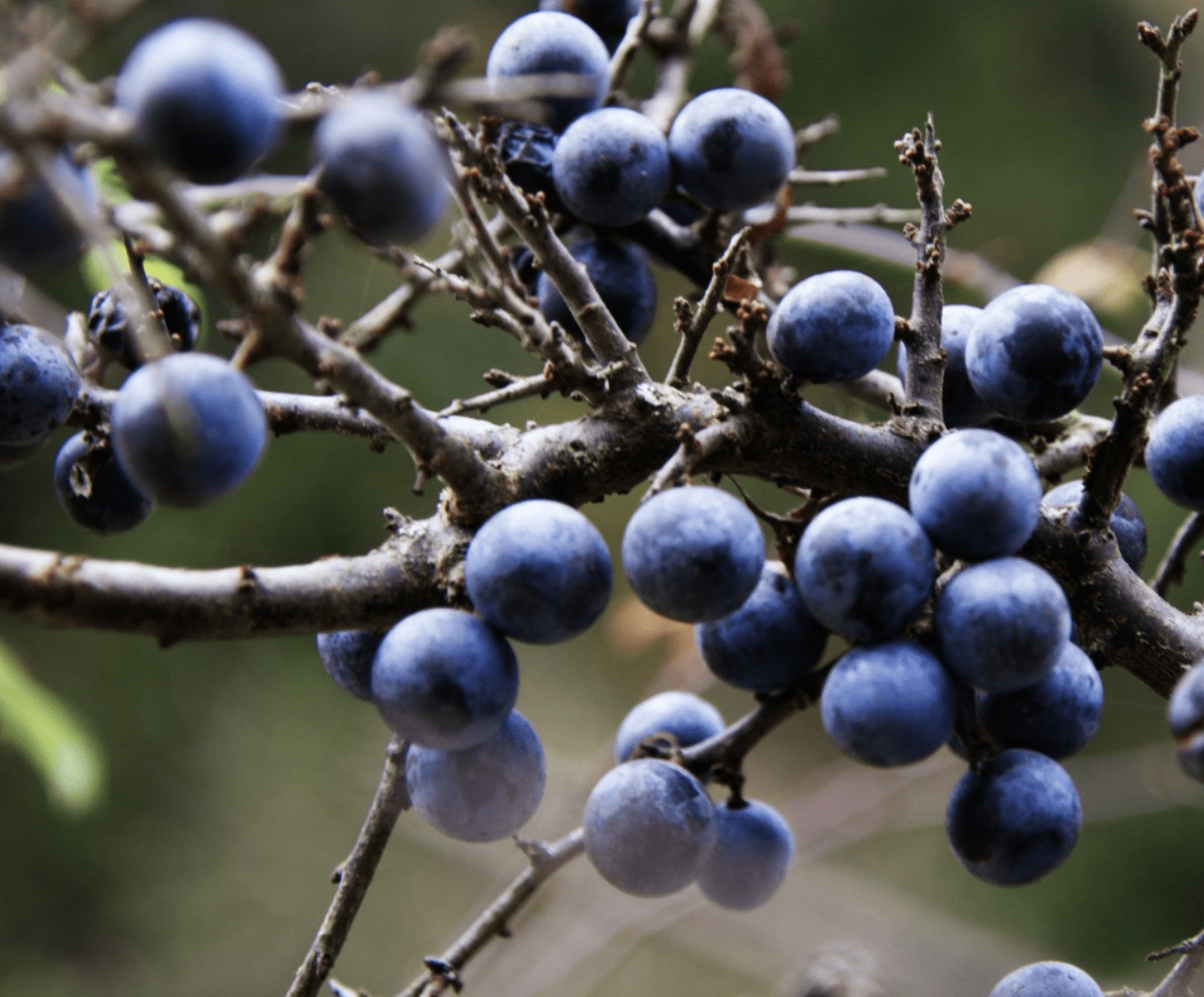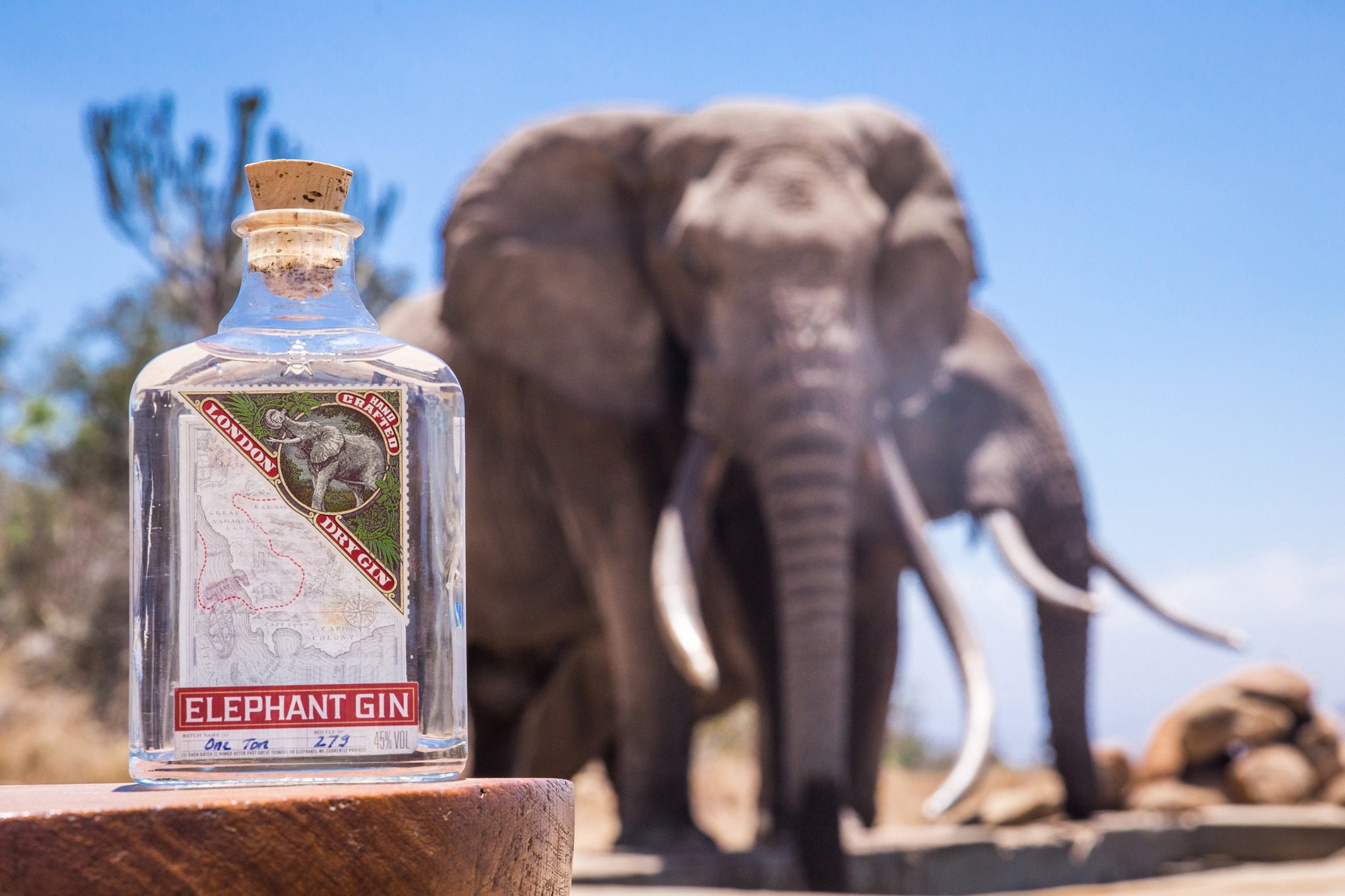Craft gin is a tasty spirit that has come back in popularity in recent years. There are niche distilleries across the globe utilizing new, exotic botanicals for creative, one-of-a-kind gin. Like craft beer breweries, sustainability and philanthropy have become important in gin distillation. German Elephant Gin is doing exactly that, giving back to elephant protection programs and boosting local economies in small African villages where they source their botanicals at the same time.
Elephant Gin is inspired by the robust, unique African flavors from countries like South Africa and Tanzania. The alcohol is distilled in small batches using fresh, locally-sourced apples from orchards surrounding the distillery in Germany and ingredients like elderflower, ginger, and African wormwood.
The company produces the spirit in small batches using 100% plastic-free bottles, with natural corks used for sealing over synthetics.
The stylish bottles are designed by calligraphers and named after an elephant the company is aiding to protect from poaching, starvation, and disease.
In addition, the company uses recyclable packaging made from shredded boxes for distribution and creates recycled paper out of elephant droppings. This innovative method sounds a little strange at first, but this has helped cut down waste in African villages significantly. Each brick of this new paper finances more assistance for elephant protection.

For every bottle sold, Elephant Gin donates 15% of profits toward elephant conservation projects around Africa. The company is proud that they have been able to donate over one million euros ($979,250) thanks to fans of the gin. Mini bottle sales support The Sheldrick Wildlife Trust, an elephant conservation and orphanage foundation. Sheldrick provides medical care and rehabilitation services to reintegrate elephants into the wild.
On top of Sheldrick, Elephant works with the nonprofit Space for Elephants to create The Wildlife Spirit. This collaboration aims to teach environmental conservation and elephant security. The program is designed for local villagers, but international tourists are also welcome. They will have opportunities to go on safari to understand why elephants are so crucial to local ecosystems.
Wildlife Spirit also offers villagers employment opportunities to work in anti-poaching measures, selling local bead craftwork like belts and creating elephant-dung paper. This philanthropic effort has helped educate young people in the hope they will take up the mantle to protect elephants once they are old enough. These village economies also get a massive boost with Wildlife Spirit’s tourism model and the ability to sell craftwork more easily.
Perhaps the most interesting sustainability initiative in the Elephant Gin network is the upcycled sloe berry program.
The company uses sloe berries in the distillation process for Elephant Sloe Gin, a new flavor based on a classic gin cocktail. Once the gin is ready to be bottled, the sloe berries are sent to restaurants and bars that craft sloe-infused foods and drinks.
The reuse significantly reduces food waste that would’ve otherwise ended up in landfills. The Sloe Gin bottles are decorated with Kenyan bead artwork made by traditional crafters, adding to the many fascinating ways Elephant works to reduce waste.

While the gin company has many notable philanthropic causes, Elephant’s gin has also been highly praised. It has won gold across multiple international spirits competitions. You can find drink recipes on the company website using this unique alcohol.





